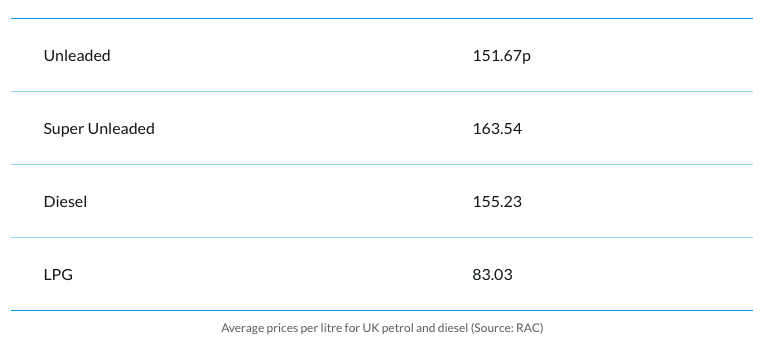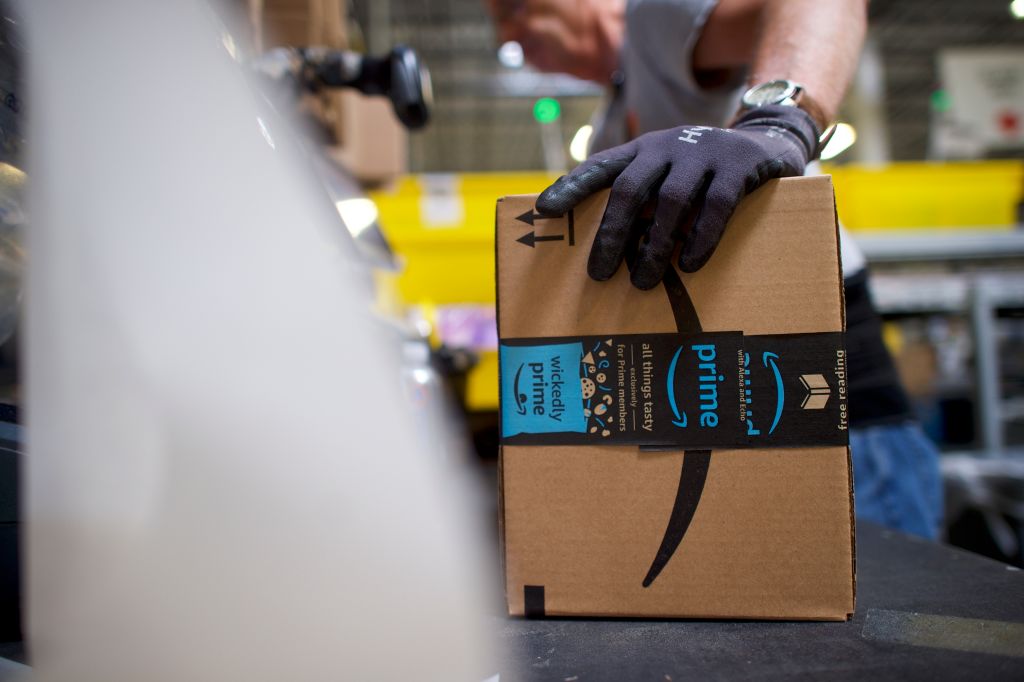Monday 07 March 2022 06h50
Gasoline prices hit record highs last week, fueled by historic rallies in the oil market following Russia’s invasion of Ukraine and growing fears of a supply disruption.
It’s now starting to be felt on UK forecourts – with prices reaching £1.55 a liter for diesel and £1.52 for unleaded – meaning it could cost upwards of £85 to make refueling a 55 liter family car.
However, Andrew Opie of the British Retail Consortium (BRC) reassured consumers that the UK sources petrol and diesel “from a variety of sources, including domestic production”, with no shortages in sight.
Skyrocketing prices at the pump have intensified the country’s cost of living crisis, with households already facing soaring energy bills, record levels of grocery inflation and painful increases national insurance rates.
As well as increasing pressure on essential items, it could also lead to higher prices for consumer goods, with the market apparently shifting from in-store retail to online shopping at a rapid pace.
Soaring prices may deter shoppers from venturing to retail destinations, which could be bad news for the bricks-and-mortar recovery.

The pandemic has catalyzed an e-commerce boom, with more shoppers making purchases online than two years ago.
“We believe that the price of gasoline is unlikely to dampen the trend of online shopping, given the momentum towards e-commerce. In fact, it could give consumers another reason not to visit stores. by car,” said Dan Myers, Managing Director of XPO Logistics UK & Ireland. AM City.
However, retailers warn that e-commerce sellers won’t be able to dodge rising fuel prices for long, even if they attract more customers.
“Fuel is a significant cost component of the overall distribution service we provide,” says Myers.
He explains: “E-commerce platforms and their retail partners could choose to recover the additional cost of fuel through pricing or delivery charges or simply absorb the cost – it will depend on the strategy of every company”.
Retailers may seek to be creative in order to reduce costs, including ensuring packages are consolidated as much as possible.
Nevertheless, there are “limits to the costs that retailers can absorb”, suggests Helen Dickinson, head of the BRC.
She adds, “Retailers are going to great lengths to mitigate these price increases and support their customers.”
Meanwhile, online retailers and food delivery services could soon face a shortage of space thanks to the rapid rollout of businesses in London.
Property group CBRE has even warned that London will run out of available industrial space within five months, if the current take-up rate continues.
These factors all raise questions about whether online retail can sustain its momentum in a post-lockdown era, particularly in the face of soaring inflation and continuing conflict in Ukraine.

